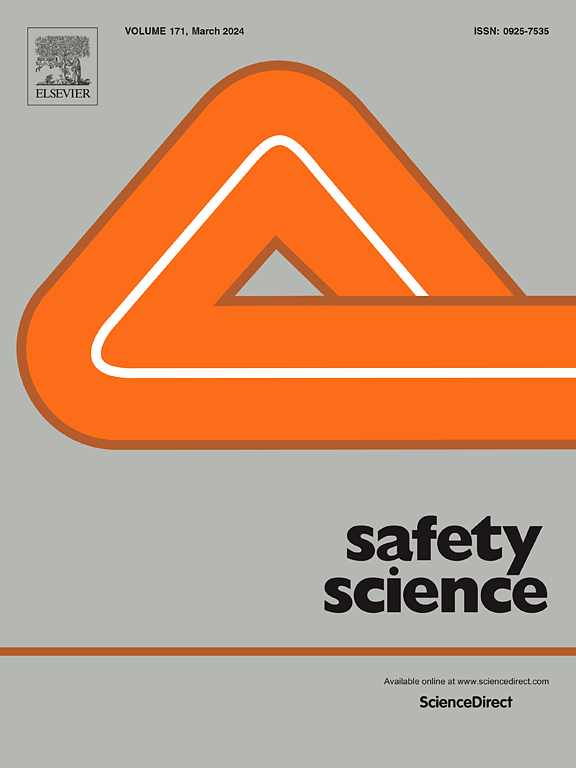设计和促进桌面危机练习的专家建议:德尔菲研究
IF 5.4
1区 工程技术
Q1 ENGINEERING, INDUSTRIAL
引用次数: 0
摘要
危机是不稳定的,危机演习是组织和政府准备的核心方式之一。并不是所有的危机演习都能达到目的,而且如何设计好这些演习也很难通过实验来检验。本研究旨在确定基于讨论的危机练习的关键目标,对实现组织目标很重要的练习特征,以及常见错误。我们使用了三轮德尔菲法来利用16名研究人员和专业人员的集体专业知识。在第一轮中,专家们确定了40种不同的运动特征。再经过两轮讨论,各方就40个演练特征中的29个达成了共识。总的来说,专家们一致认为,明确的目标、良好的促进和高质量的汇报至关重要。专家们还一致认为,忠实度和明确使用决策工具等特征对于实现以讨论为基础的练习的目标并非必不可少。专家们在主办者应该有多少发言权,促进者应该如何积极参与,以及应对者应该如何负责等问题上存在分歧。总的来说,这些发现有助于运动设计师在设计和提供基于讨论的运动时突出哪些特征是优先考虑的,以最好地促进组织学习。本文章由计算机程序翻译,如有差异,请以英文原文为准。
Expert-derived recommendations for designing and facilitating tabletop crisis exercises: A Delphi study
Crises are destabilising, and crisis exercises are one of the core ways that organisations and governments prepare. Not all crisis exercises achieve their goals, and determining how to design them well is difficult to test experimentally. This study aims to identify the key goals of discussion-based crisis exercises, the features of exercises that are important for achieving the organisation’s goals, and common mistakes. We used a three-round Delphi Method to harness the collective expertise of 16 researchers and professionals. In the first round, experts identified 40 different exercise features. After a further two rounds, consensus was achieved for 29 of the 40 exercise features. Overall, experts agreed on the critical importance of clear objectives, good facilitation, and quality debriefing. Experts also agreed that features such as fidelity and the explicit use of decision-making tools were not essential to achieving the aims of discussion-based exercises. There was disagreement amongst experts regarding how much say the sponsor should have, how actively involved facilitators should be, and how accountable responders should be held. Overall, these findings are beneficial for exercise designers in highlighting what features to prioritise when designing and delivering discussion-based exercises to best promote organisational learning.
求助全文
通过发布文献求助,成功后即可免费获取论文全文。
去求助
来源期刊

Safety Science
管理科学-工程:工业
CiteScore
13.00
自引率
9.80%
发文量
335
审稿时长
53 days
期刊介绍:
Safety Science is multidisciplinary. Its contributors and its audience range from social scientists to engineers. The journal covers the physics and engineering of safety; its social, policy and organizational aspects; the assessment, management and communication of risks; the effectiveness of control and management techniques for safety; standardization, legislation, inspection, insurance, costing aspects, human behavior and safety and the like. Papers addressing the interfaces between technology, people and organizations are especially welcome.
 求助内容:
求助内容: 应助结果提醒方式:
应助结果提醒方式:


